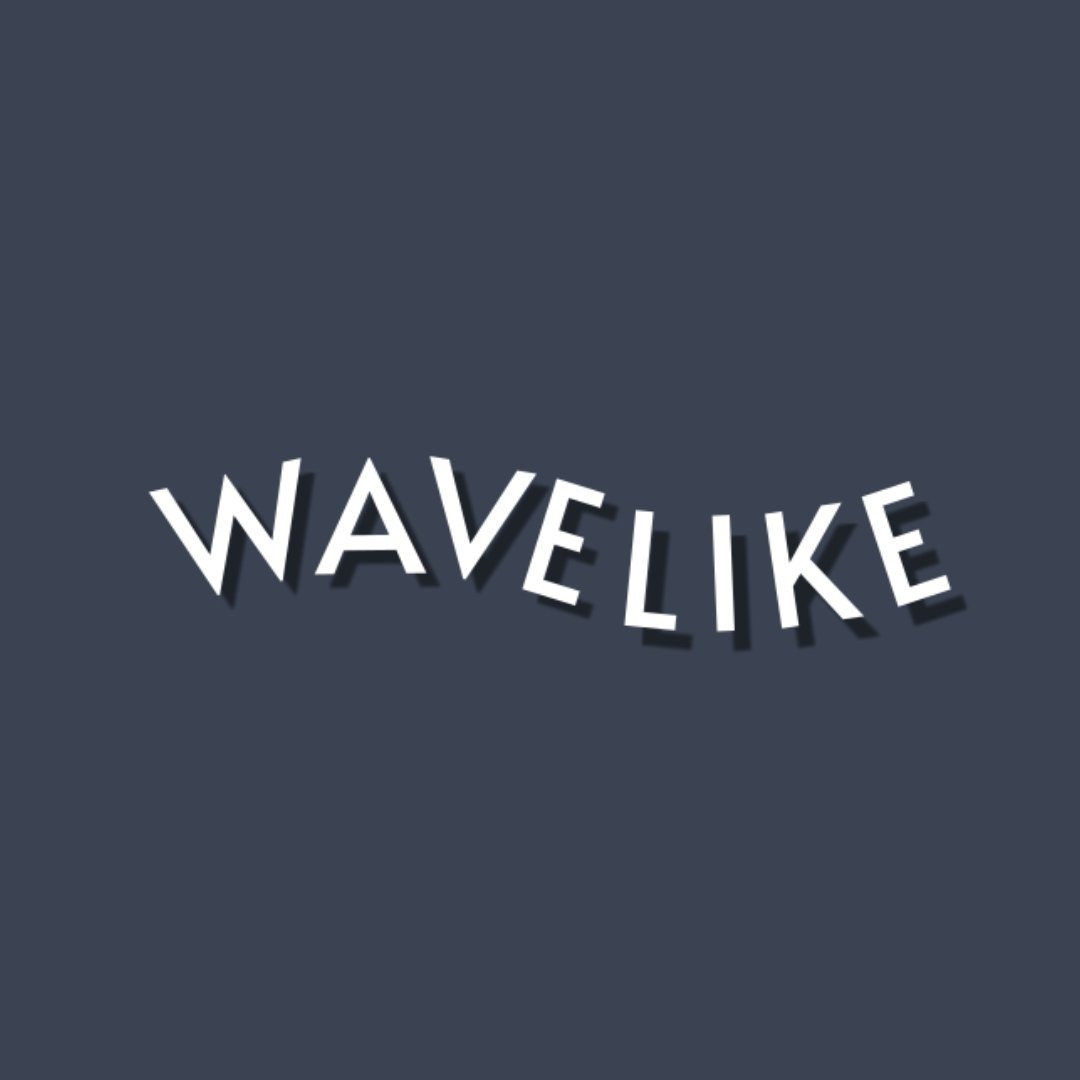After working for a year and a half at my first company, I decided it was time to move toward my goal of working in the Korean hip-hop industry. A few months later, I would be meeting the top stars such as Jay Park, DPR Live, GRAY, Code Kunst, Simon Dominic… etc. So how did I get from an indie record label to a hip-hop media company?
Well, the only thing that was different was that now I had a year and a half of full-time work experience added onto my resume. Just because I was looking for a new company to work with didn’t mean I didn’t learn useful skills or network with the right people in my current job. The company I had been working for was well established in the Korean entertainment scene, and my coworkers were respected people in the industry. As a producer, I had also worked with various indie, K-Pop, and hip-hop artists through different shows.
When you are looking for a new opportunity and selling yourself, every detail matters. I made sure to screenshot all the shows I had worked on, the clips I had edited, and recorded each project that I had been a part of. The important thing was to make a visual presentation of I had done in the past year. Especially in the media industry, words don’t make as much of an impact as pictures do.
After I sent in my resume, cover letter, and portfolio, I got a call back from the hip-hop company. It wasn’t my top choice since I had hoped to move onto another record label, but it was the top Korean hip-hop media channel which I knew would open up more doors for me.
My first meeting was with the CEO and the director, and they explained to me that they were looking to hire someone to work for their new partnership with Naver’s new hip-hop podcast series. My experience as a producer of a podcast had stood out to them. Although I hadn’t been looking to continue my experience with radio and podcasts, this would be just a part of my tasks at the new company. And at the time, the podcast hosts were set to be Jay Park, The Quiett & Yumdda, Colde, Giriboy, Han Yo-han, and more.
It didn’t take much debate for me to decide on leaving my company for this new opportunity. The pay was almost the same, and the new company would actually be smaller. But I knew it was a big step forward for me to get my foot in the door in the Korean hip-hop scene. The first few weeks I spent adjusting to the new office, and shadowing the director on overseeing the podcast recordings. I started out by writing the scripts, contacting the artists and managers, and eventually actually handling the live recordings (which included turning up the mics at the right time, playing songs, etc.) and editing the pre-recorded versions.







